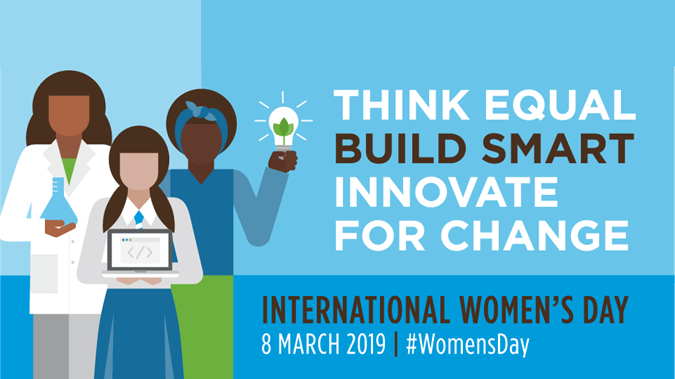
08 Mar IWD 2019: Leading research to support innovation and equality for women and girls around the world
International Women’s Day is celebrated each year on March 8 and is a focal point in the movement to support women’s rights. This year’s theme is “Think equal, build smart, innovate for change” and puts innovation by women and girls, for women and girls, at the heart of efforts to achieve gender equality.
Our team celebrates this important day and continues to undertake innovative global health research projects and seek advocacy positions that promote equal rights and ensure equal access. Some of these include:
- Providing vulnerable women in Mozambique with female condoms, which help them convince their husbands to use protection. Male condoms are perceived to be uncomfortable and less socially acceptable, which often results in men choosing not to wear any protection. Introducing female condoms provides couples with more choice and importantly, enables women to better protect themselves against HIV.
- Better understanding and adjusting social norms related to childhood marriage in Pakistan. Mobile cinema sessions and gender workshops are being held in 200 villages to address norms among village members about marrying girls at a young age. Childhood marriage is still prevalent in many places around the world and is linked to numerous, harmful consequences for women and girls, including school dropout, domestic violence, loss of power and decline in health.
- Evaluating resource allocation in polygamous households versus monogamous households in Nigeria. The findings showed polygamous husbands and co-wives were less inclined to share resources by way of a common pot and spouses hid money from one another, with junior wives often being left with the fewest resources. With nearly one-third of African women living in a polygamous household, the findings provide crucial insight for development programs into household structure; knowledge they can use to better target recipients of resources and ensure all women have equal access regardless of their position in their household.
- Serving as a member of the Steering and Advisory Group for the World Health Organization (WHO) Department of Reproductive Health and Research (RHR). As part of this role, Prof. Anita Hardon chaired the WHO Guideline Development Group Committee which is formulating the Consolidated Guideline on Self-Care Interventions for Sexual and Reproductive Health and Rights. The RHR strives for a world where all women’s and men’s rights to enjoy sexual and reproductive health are promoted and protected, and all women and men, including adolescents and those who are underserved or marginalized, have access to sexual and reproductive health information and services.
“There are many places in the world where women have made progress, but there is still much more work to be done to empower girls and women globally,” said AIGHD assoc. prof. Wendy Janssens, who led the three research projects above.
“Our work addresses some of the most pressing issues faced by women and girls around the world to ensure that no matter where these women live, they have equal access, equal rights and equal resources.”
Read more about our research projects.
Photo credit: UN Women
